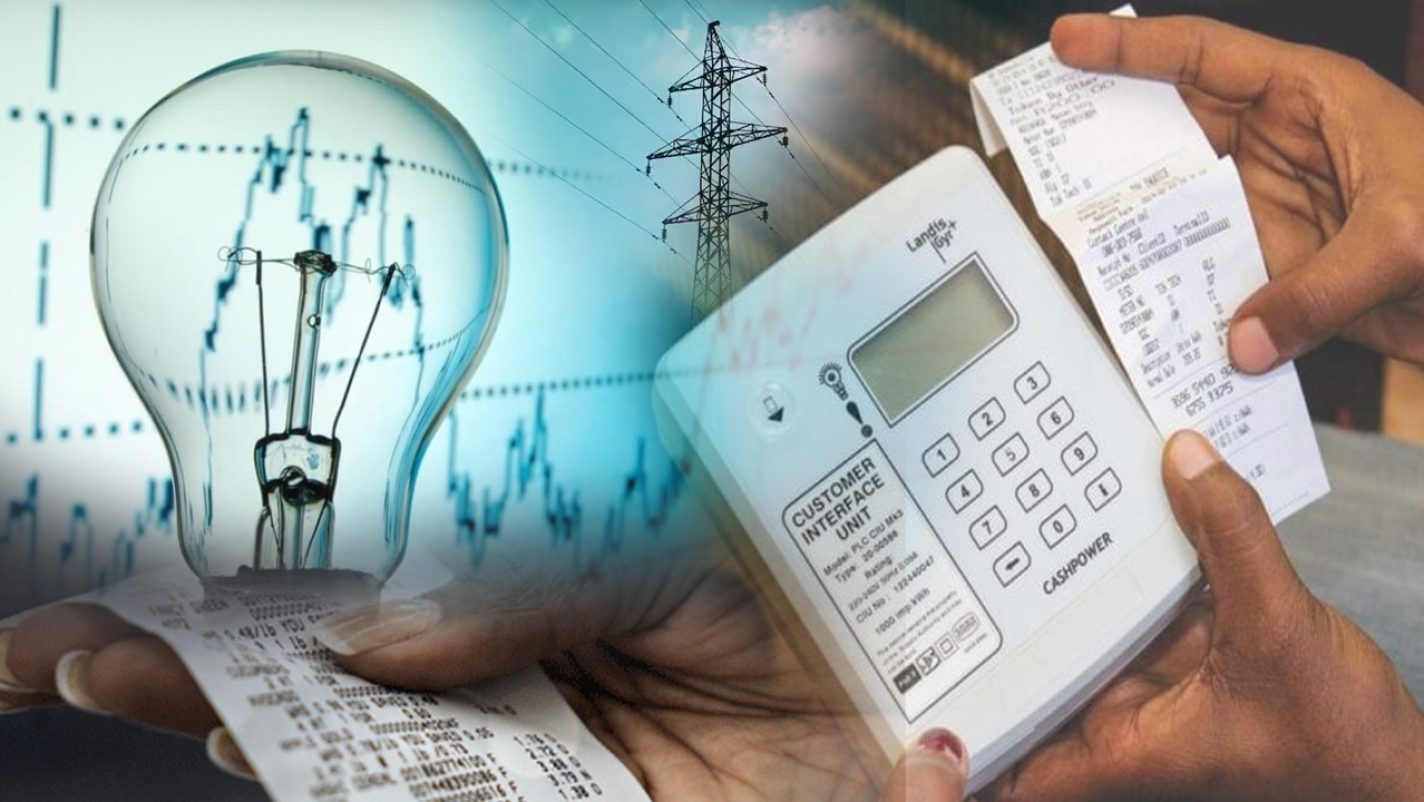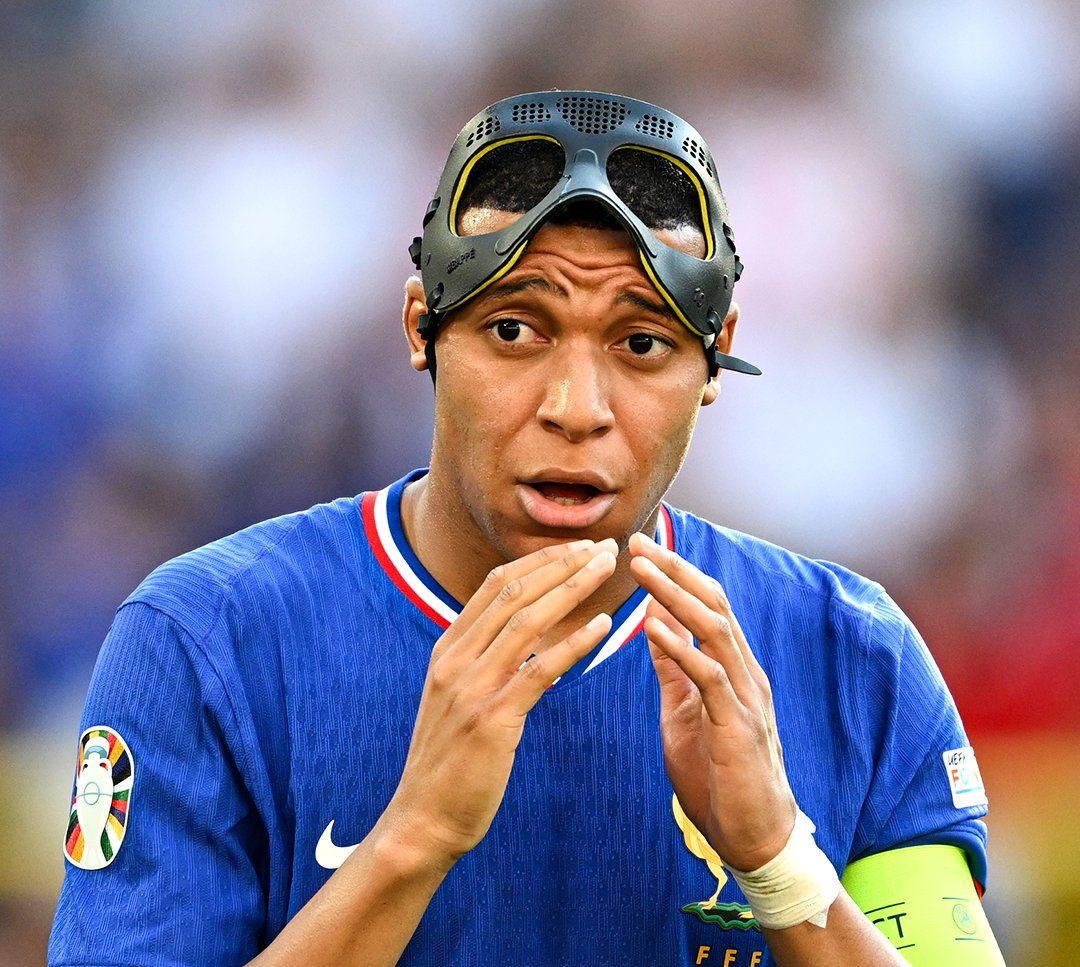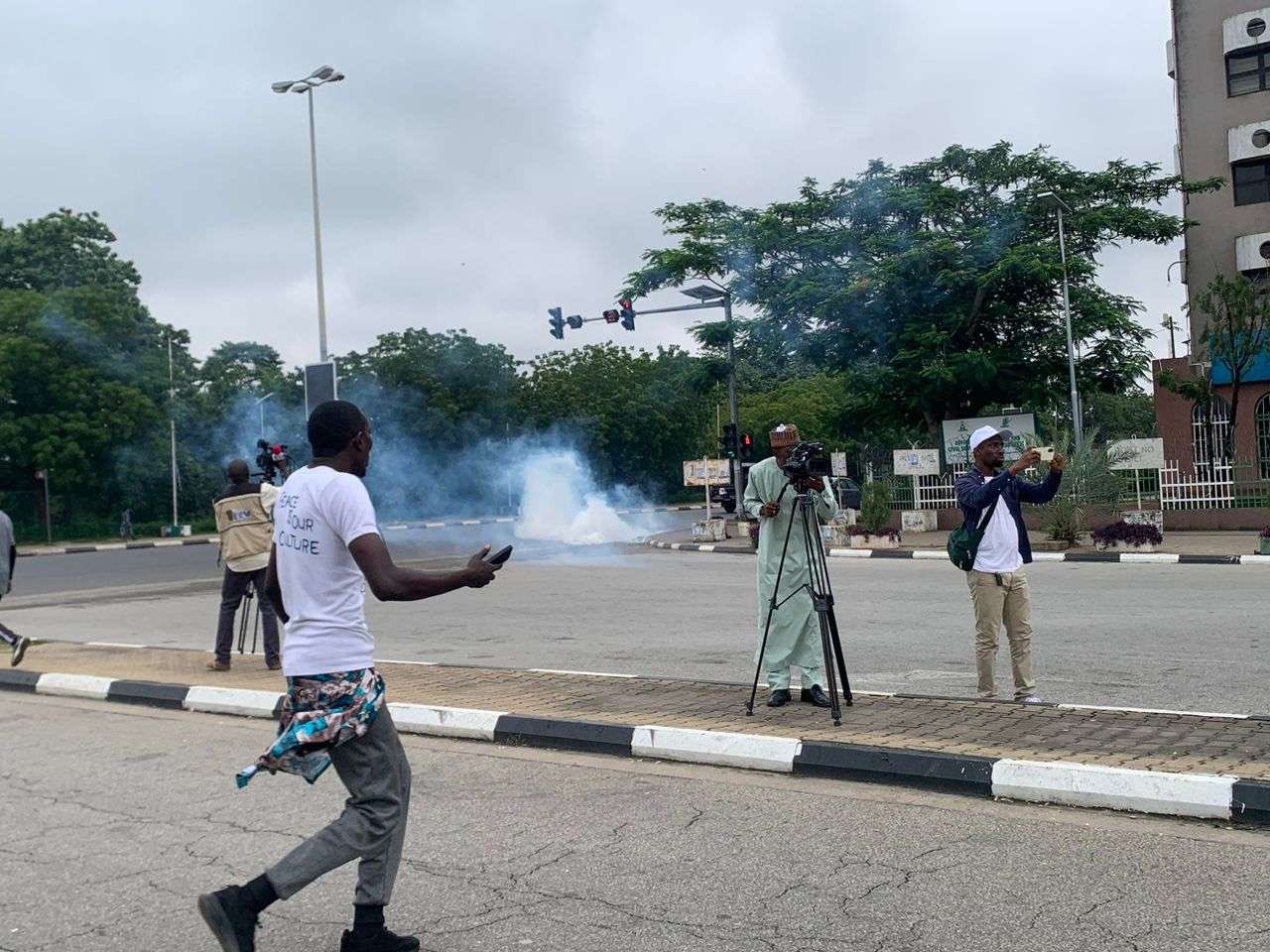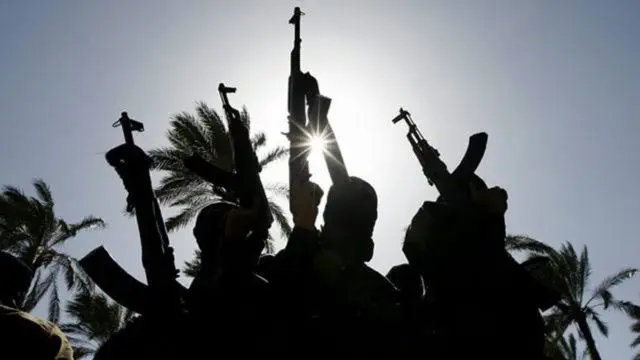Despite a five percent increase in meter installations to 179,792 in the first quarter of 2024 compared to the same period last year, about 7.4 million electricity consumers in Nigeria are still without meters, according to data from the Nigerian Electricity Regulatory Commission (NERC).
As of March 2024, there are 13.37 million registered electricity consumers, but only 5.989 million have meters, representing 44.78 percent. The data further revealed that 56,994 meters were installed in March, while 79,837 and 42,961 meters were installed in February and January, respectively.
Among the electricity distribution companies (DisCos), Ikeja Electric leads with meters provided for 73 percent of its customers, followed by Abuja DisCo at 61 percent and Eko DisCo at 59 percent.
The Minister of Power, Adebayo Adelabu, acknowledged the significant metering gap as a major challenge in the industry. He emphasized the unfairness of the estimated billing system used by DisCos and noted the government's determination to address the issue.
To tackle the metering problem, President Bola Tinubu recently approved N12 billion to meter army formations across the country. Additionally, the Federal Government opened bids for the supply of 1.25 million electricity smart meters, funded by a $155 million loan from the World Bank.
However, disagreements between the government and local meter manufacturers and assemblers have stalled the project. Adetayo Adegbemle, the Convener and Executive Director of PowerUp Nigeria, emphasized the critical importance of metering in the electricity market, highlighting its role in ensuring fair billing practices and efficient power distribution.




